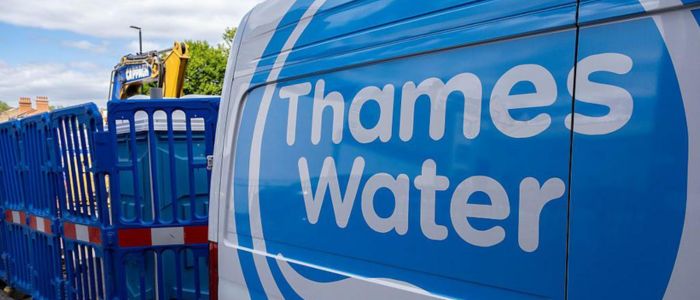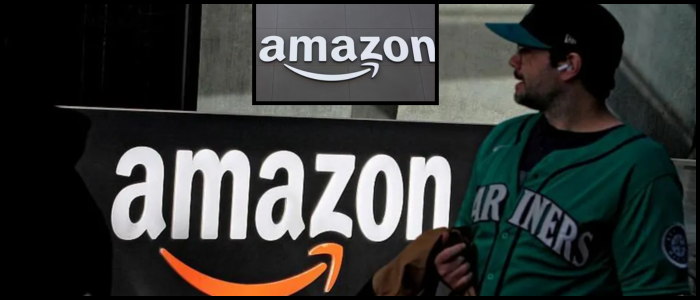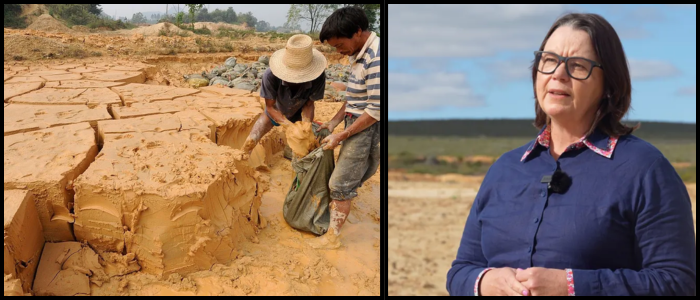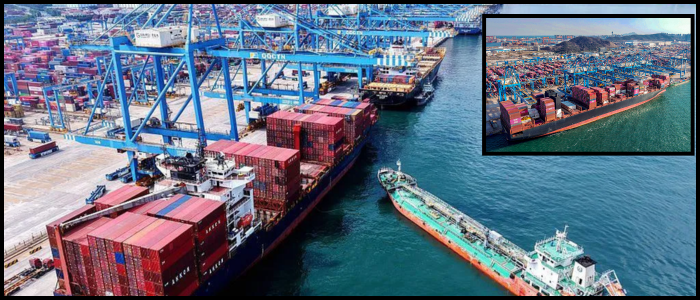The company serves about a quarter of the UK population — predominantly in London and sections of southern England — and has 8,000 employees. But a Thames Water spokesman said it would still continue to push for an alternative rescue plan, which is considered to be its last chance to stay out of administration.
Debt, Infrastructure and Investor Jitters
Thames Water has long been weighed down by a mountain of debt and huge operational challenges. With ageing infrastructure, leakages and sewage overflows, the company is struggling to keep up with demands to modernise and end long-standing problems. Water will be provided to the public regardless of any change of ownership.
The company is now mostly owned by its lenders, and a consortium has purportedly “formally designed a fully funded equity solution on a stand-alone graphene deal” that is ready to put in place. Rising political risk in the water space has been off-putting for prospective investors, sources following the matter believe.
“Today’s announcement from KKR is disappointing but Thames Water still believes that a significant and sustainable long-term financial solution can be found,” said Thames Water chairman Sir Adrian Montague, who added that the company was still in talks with its creditors and main regulators.
The UKs largest independent business water supplier, Castle Water, had earlier expressed interest in stepping in and said it was “ready and willing” to offer financial support. But Thames Water has made clear it is only interested in the creditors’ proposal, and there is as yet no confirmed funding for Castle Water’s plan.
Pressure in the Market and Regulatory Risk
The current crisis at Thames Water is the result of years of financial bungles. It was debt-free when it was privatised in 1989. Since then, borrowing has rocketed to about £19bn. The company recently secured a £3bn loan earlier this year to give it time to restructure, but that might not be enough.
Earlier it had been criticised for considering only one bidder — KKR — for recapitalising the business, against the wishes of the sector’s regulator. With KKR now out, those earlier warnings seem warranted, and the company is in a bit of a jam.
An independent interim review of the water industry has recently highlighted systemic failure in England and Wales. The review, overseen by Sir Jon Cunliffe, a former deputy governor of the Bank of England, described the current regime of regulation as “chaotic” and called for stronger supervision to shield customers and the environment.
Sir Jon emphasised the need for stable, long-term investors such as pension funds and insurance companies. He said investment in critical water infrastructure would be threatened unless the regulatory environment was improved.
The government has said it is ready to come in if Thames Water can no longer continue to operate as a standalone concern, but for the moment attention is focused on what the company will do to prevent its collapse.
















